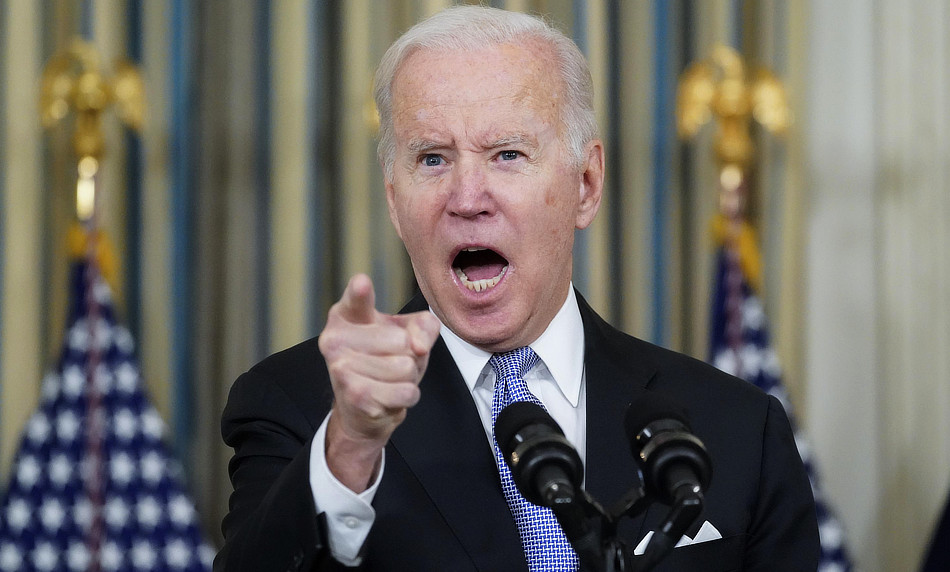President Joe Biden is increasing tariffs on a wide range of Chinese imports — including critical minerals, batteries, solar cells, and semiconductors. The aim is to bolster domestic manufacturing in key industries and ward off perceived economic threats from China.
These changes are projected to affect around $18 billion in annual imports, according to the White House. The U.S. will also raise levies on port cranes and medical products, in addition to previously reported increases on steel, aluminium, and electric vehicles.
China immediately vowed retaliation. Its commerce ministry stated that Beijing opposes the U.S. tariff hikes and will take measures to defend its interests.
Biden will increase Trump-era rates on goods the U.S. struggled to import during the coronavirus pandemic and for key industries — such as chips and green energy — that he has aimed to bolster since taking office.
These moves represent Biden’s most comprehensive update to the China tariffs first imposed by his predecessor, former President Donald Trump, and signify a recognition that a tough stance on trade with Beijing remains popular with U.S. voters.
Additional tariffs risk increasing prices for consumers already burdened by inflation and could provoke retaliation from China.
The U.S. imported $427 billion in goods from China in 2023 and exported $148 billion to the world’s second-largest economy, a trade gap that has persisted for decades.








